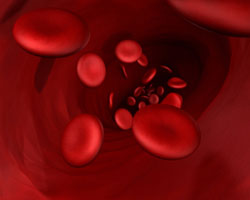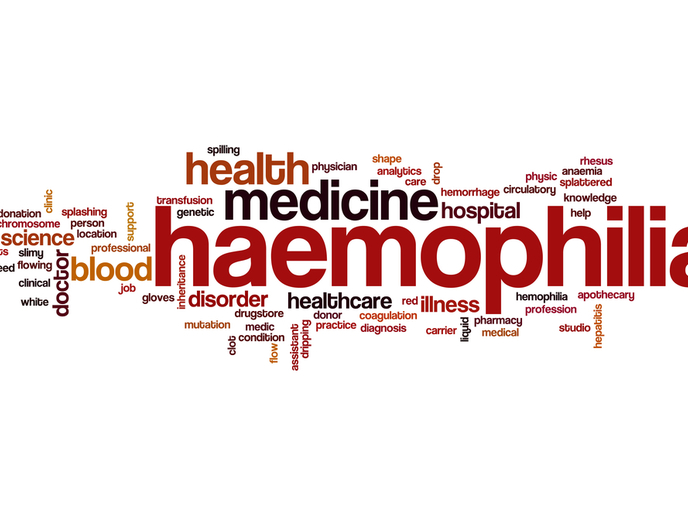Blood supply cut for cancer cells
Tumour development depends on angiogenesis which means the development of new blood vessels. Expansion of a solid tumour is dependent on this process and the density of the blood vessels determine whether the cancer can become metastatic and to what extent. Project members of ANTI TUMOR worked on exactly how the protein signallers operate in the process of angiogenesis with a view to genetically manipulating and therefore inhibiting the pathways involved. As part of the consortium, the team based at the Technical University of Dresden tackled this research at the biomolecular level focusing on proteins called VEGFs (vascular endothelial growth factors). VEGFs are important signalling proteins in angiogenesis. These molecules bind to receptors on the cell surface, VEGF receptors (VEGFRs). VEGFs and their receptors then are important molecules in angiogenesis and therefore make an ideal target for gene therapy. The team developed a gene promoter for VEGFR that was a quarter of its original size. However, it could still transcribe for and produce the receptor molecule. Its efficiency was verified by the so-called lacZ reporter gene analysis in experimental tumours. As such, it has been patented as a potential gene therapy vector. The same group of scientists also aimed to block tumour angiogenesis but to maintain the tumour's vascular permeability. This is important when cytostatic therapies are used that work by blocking receptors on the surface of the cancer cells. They mutated receptor VEGF2 and the mutants were then introduced into human endothelial cells. These cells could then be presented for further analysis by the Western blot technique for subsequent protein identification. The results of this research could have wide significance. Angiogenesis is an important phenomenon medically and a better understanding of its biochemical pathways will be beneficial, particularly in tumour control where there is excessive vascularisation.







